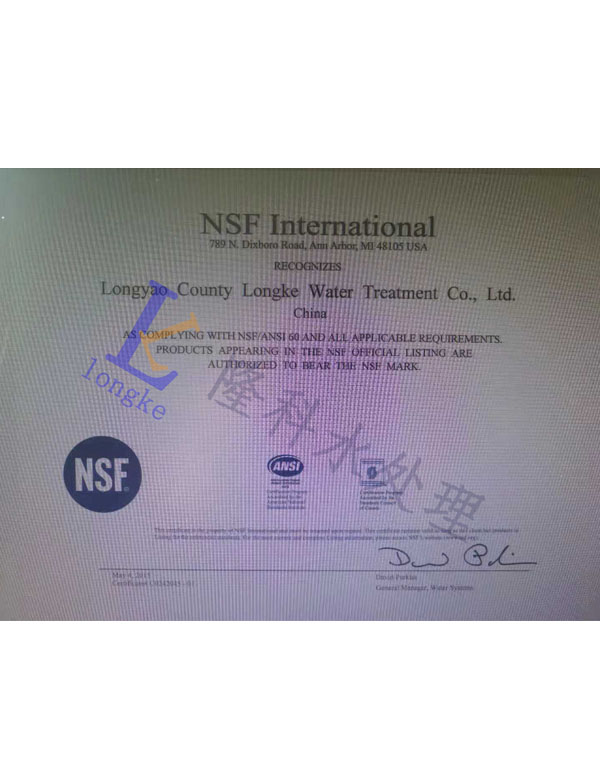Disodium Salt
Understanding Disodium Salt A Versatile Compound
Disodium salt, specifically referring to a variety of compounds containing two sodium atoms, plays an important role in various fields including food science, pharmaceuticals, and industrial applications. One of the most recognized examples is disodium phosphate, often utilized as a food additive, buffering agent, and emulsifier.
Chemical Characteristics
Disodium salt compounds are characterized by their unique ionic structure, where two sodium ions (Na+) are associated with an anion. This ionic nature grants them certain properties such as solubility in water and the ability to stabilize pH levels. The presence of two sodium ions can enhance the compound’s effectiveness in various applications by allowing for better ionic interaction in chemical reactions or biological processes.
Applications in Food Industry
In the food industry, disodium salts are commonly used as preservatives and flavor enhancers. Disodium phosphate, for instance, is frequently found in processed foods, cheese products, and baked goods. It acts as a leavening agent, helping baked items rise and contributing to their texture. Additionally, disodium glutamate is another well-known flavor enhancer that can amplify the taste of a wide range of dishes, giving them a savory or umami flavor. These additives not only improve taste and texture but also extend shelf life by inhibiting microbial growth.
Pharmaceutical Uses
disodium salt

Disodium salts also find applications in the pharmaceutical industry. They are utilized in various medications to stabilize formulations and ensure that active ingredients remain effective over time. Disodium edetate, for example, is employed as a chelating agent to bind metal ions in the body, which can be useful in treating heavy metal poisoning. Its ability to promote the excretion of toxic metals highlights the importance of disodium salts in medical treatments.
Industrial Applications
Beyond food and pharmaceuticals, disodium salts are employed in numerous industrial processes. They serve as buffering agents in chemical manufacturing, helping maintain pH levels that are critical for certain reactions. In the realm of water treatment, disodium salts are used to soften water and prevent scale buildup, ultimately improving the efficiency of industrial systems. This versatility illustrates the compound’s significance across various industries.
Health Considerations
While disodium salts have important applications, it is essential to consider their consumption and potential health effects. Excessive intake of sodium can lead to health issues such as hypertension and cardiovascular diseases. Therefore, regulatory agencies set limits on the amount of disodium salts that can be safely consumed. Consumers are advised to be mindful of food labels and choose products that balance flavor, texture, and health considerations.
Conclusion
Disodium salts, including disodium phosphate and disodium glutamate, are multifaceted compounds that serve critical roles in food production, pharmaceuticals, and industrial processes. Understanding their applications and potential health effects helps consumers and professionals make informed decisions. As research continues to unfold, the versatility and significance of disodium salts are likely to grow, marking their place in both scientific and everyday contexts.
-
Understanding Polycarboxylic Acids: Properties, Applications, and Future PotentialNewsJul.28,2025
-
Scale Inhibitor Explained: How to Protect Your System from Limescale and Hard Water DamageNewsJul.28,2025
-
Scale and Corrosion Inhibitors: Essential Chemicals for Industrial Water System ProtectionNewsJul.28,2025
-
Polyaspartic Acid: A Biodegradable Polymer for Sustainable ChemistryNewsJul.28,2025
-
Isothiazolinones: A Versatile Antimicrobial Class with Industrial Power and Regulatory ChallengesNewsJul.28,2025
-
A Deep Dive into 2-Phosphonobutane-1,2,4-Tricarboxylic Acid (PBTC)NewsJul.28,2025





